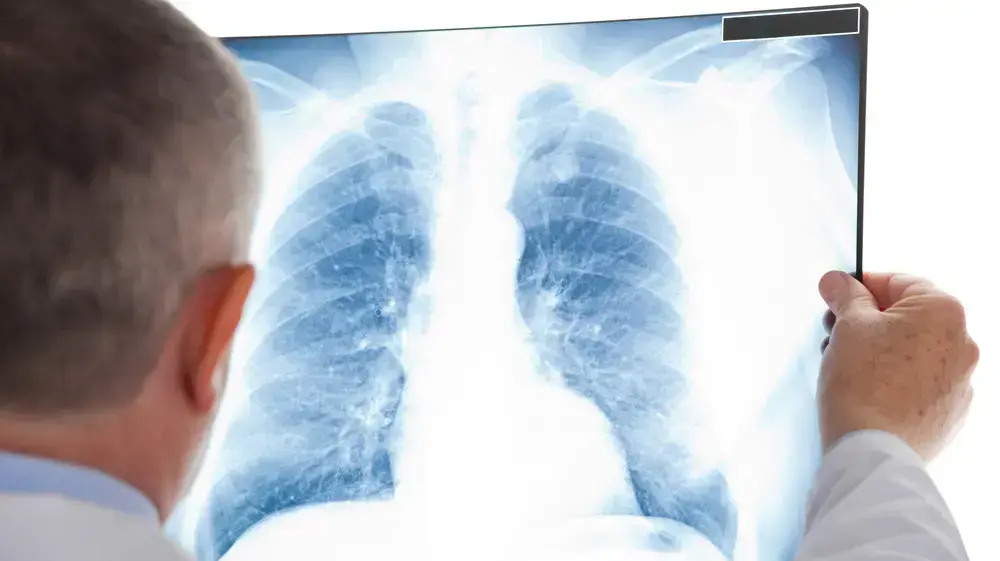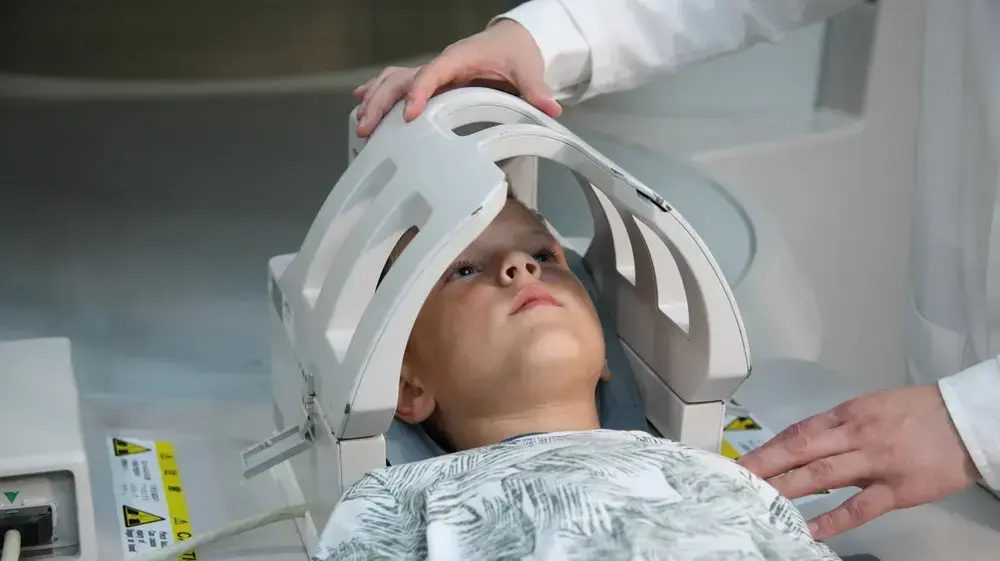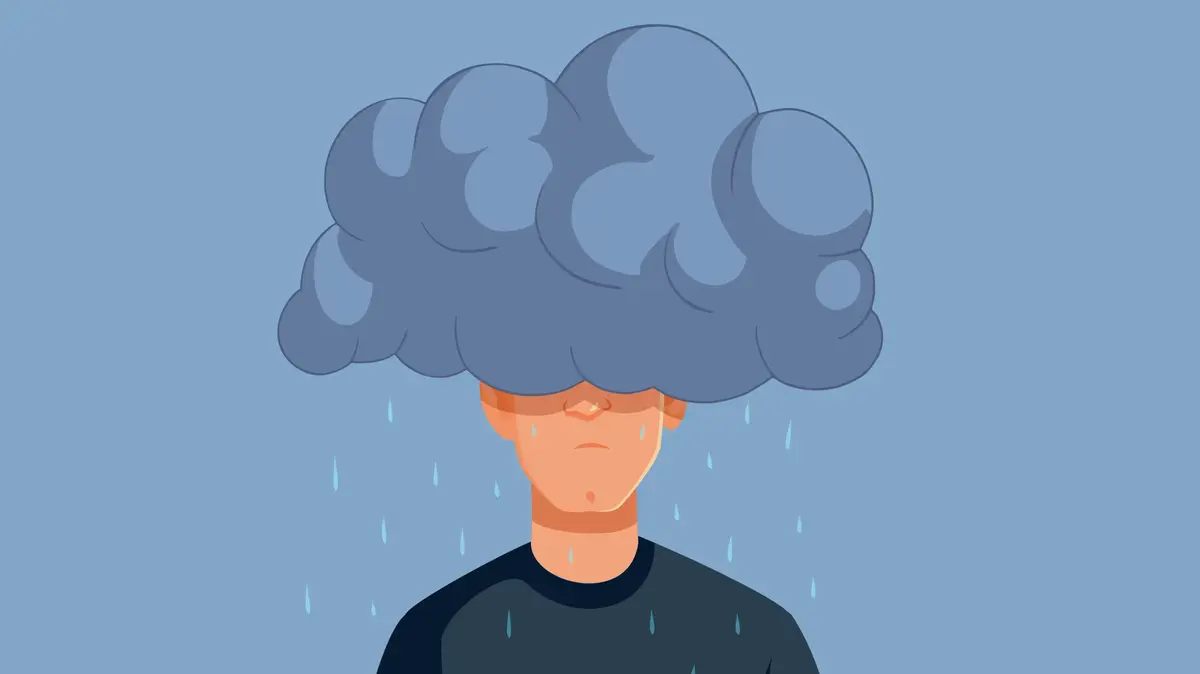In the video: Prof. Amir On on lung cancer (edited by: Dina Mahfoutz)
Lung cancer is one of the most common tumors and is considered the number one cause of death from all malignant diseases.
However, today there are experts in Israel who can help and treat and in some cases even cure the sick.
"One of the essential things that a patient or family members should do immediately after the diagnosis is to find a competent case manager," explains Prof. Amir On, director of the Institute of Lung Diseases at Sheba Hospital.
"They need someone who can help them in the first stages until they find the optimal treatment option."
Lung cancer is actually a very wide variety of diseases that behave completely differently from each other.
"These tumors are tumors that start in the lung and may spread to other organs, send metastases to other organs," explains Prof. On.
"In the early stages of the disease, the tumor is found in a relatively focused area in the lung,
There are also tumors that have spread locally - a stage 3 tumor and the goal in these stages is to control the disease, cure the patient and prevent the recurrence of this tumor.
And there are most cases that are diagnosed at stage 4 which is a metastatic disease.
About 80% of lung cancer patients are smokers, ex-smokers or those who have been exposed to passive smoking, and they occasionally have the complaints of smokers such as cough, phlegm, sometimes a bit of chest pain and the like.
"All these symptoms are not typical for lung cancer. In fact, there is nothing the patient can tell me and I as a doctor can determine that he has lung cancer," explains Prof. On.
"Except for one sign - the fingertips can be rounded like drum sticks."
Today there is difficulty in diagnosing lung cancer at an early stage, so in recent years there have been reports of screening tests that can be done using low-radiation CT.
"In this test, the chest is photographed in order to catch the tumor at an early stage," explains Prof. On.
"I hope that in the near future we will start a national program led by the Ministry of Health to test a screening for the early diagnosis of lung cancer among smokers or ex-smokers."
In recent years there have been real breakthroughs in regards to the treatment of lung cancer even in the advanced stages.
"Although the disease is very, very scary, today we have quite a few metastatic patients that we manage to both improve their quality of life and prolong their lives by choosing the most suitable drug for them based on the genetic characterization of the disease," explains Prof. On.
As of today, most cases of detecting cancer at an early stage are accidental (Photo: ShutterStock)
When is the strategy a cure and when is life extension?
"Improving the quality of life is true for every patient at every stage," explains Prof. On "The most important thing is for the patient to be able to smile and not have any symptoms related to the disease. If there is pain resulting from metastasis or another sign that involves the spread of the disease, first of all Treat because we will not be able to prolong life and we will not be able to improve quality of life, if the symptoms of the disease are not fully controlled."
Patients mainly in stage 1 and 2 often undergo surgery to remove the tumor.
"In recent years, we have discovered that we also have the option of adding to those patients a fairly precise goal-directed drug treatment for patients who have certain biological markers," explains Prof. On and adds: "I also emphasize to all my patients that we are in the midst of an era where there are dramatic revolutions in the therapeutic options. This Says that even if I have a drug today that knows how to work for two, three or five years and then the tumor may develop resistance and the disease may return, it is possible that by then you will find another drug that can be given to the patient and we will move from one line of treatment to another."
Detection at an early stage and preventing the recurrence of the disease
Currently, most cases of detecting cancer at an early stage are accidental.
"This happens, for example, when someone comes to take a photo in preparation for a skipper course and they find a healthy spot, or people who come to the emergency room because they have pain in their shoulder and find a healthy spot in the photo, or people who are checking for heart disease and the like," explains Prof.
"In cases where a patient is found to have a tumor at an early stage - by accident or as a result of a screening test - a 'case manager' needs to be found, someone who will lead him through the first stages," adds Prof. On, "it is important to have someone who knows how to route the patient and reach the team who will tell them what is needed to do because the treatment is multi-professional. It's a field with many disciplines."
Patients detected at an early stage often undergo surgery to remove the tumor.
"There are cases that despite the surgery and removal of the tumor, the disease returns," explains Prof. On, "therefore one of the innovations in recent years is a complementary treatment that is given after the operation, or in some cases even before the operation. The goal of this treatment is to prevent the recurrence of the disease in a fantastic way ".
To join the "Friends of Breathing" Facebook group of the Israeli Lung Cancer Association - click here
to read news and publications,
Getting support and useful information on the website of the Israeli lung cancer association - click here sponsored by AstraZeneca.
without involvement in the contents
health
my health
Tags
cancer









